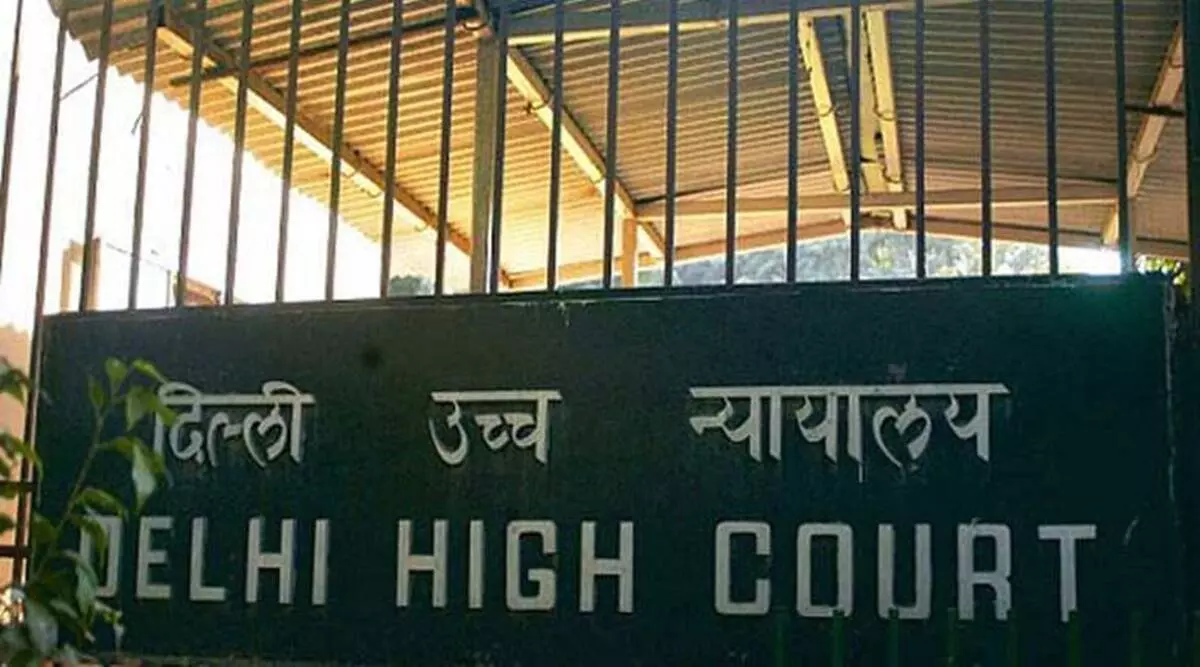
Right to residence in matrimonial home includes right to safe and healthy living: Delhi HC
text_fieldsThe Delhi High Court has observed that the right to residence in a matrimonial home under the provisions of the Protection of Women from Domestic Violence Act 2005 will also include the right to safe and healthy living.
A single judge bench of Justice Tushar Rao Gedela was hearing a woman’s plea challenging the order by a First Appellate Court pertaining to a matrimonial dispute.
In its March 17 order, the court held that “That apart, it goes without saying that the right to residence in a matrimonial home, under the provisions of the Protection of Women from Domestic Violence Act, 2005, also would subsume within itself, the definition of “right to safe and healthy living” too. Hence, requiring interference by this Court”.
The woman had moved the HC challenging a February 7 order of the First Appellate Court. Her counsel submitted that the trial court overlooked the fact that the husband and in-laws had been feeding street dogs in the shared household which is in violation of her fundamental rights, including right to life and right to health.
Challenging the order before First Appellate Court, her counsel submitted that the trial court overlooked the fact that the husband and in-laws had been feeding street dogs in the shared household which is in violation of her fundamental rights, including right to life and right to health.
It was also submitted that the trial court failed to consider the fact that keeping the street dogs in the house would ultimately cause a number of diseases and nuisance to the wife.
Her appeal was dismissed under the provisions of the Code of Civil Procedure with the court observing that the “acts of harassment” allegedly done against her were “matters that consisted of trivial issue”.
The trial court had further said that there is “no prima facie case” in favour of the woman.
The woman’s counsel before the First Appellate Court had argued that the act of harassment cannot be termed as a trivial issue. He had submitted that the real intention of the respondents is to cause inconvenience, harassment, and mental torture to the woman.
He had argued before the first appellate court that the trial court had “overlooked very essential facts while disposing of the interim application”.
The HC issued notice to the woman’s husband and in-laws and permitted them to file their response in four weeks and listed the matter for hearing on May 22.























